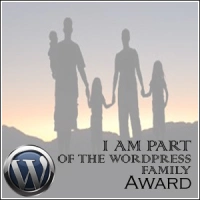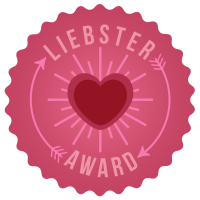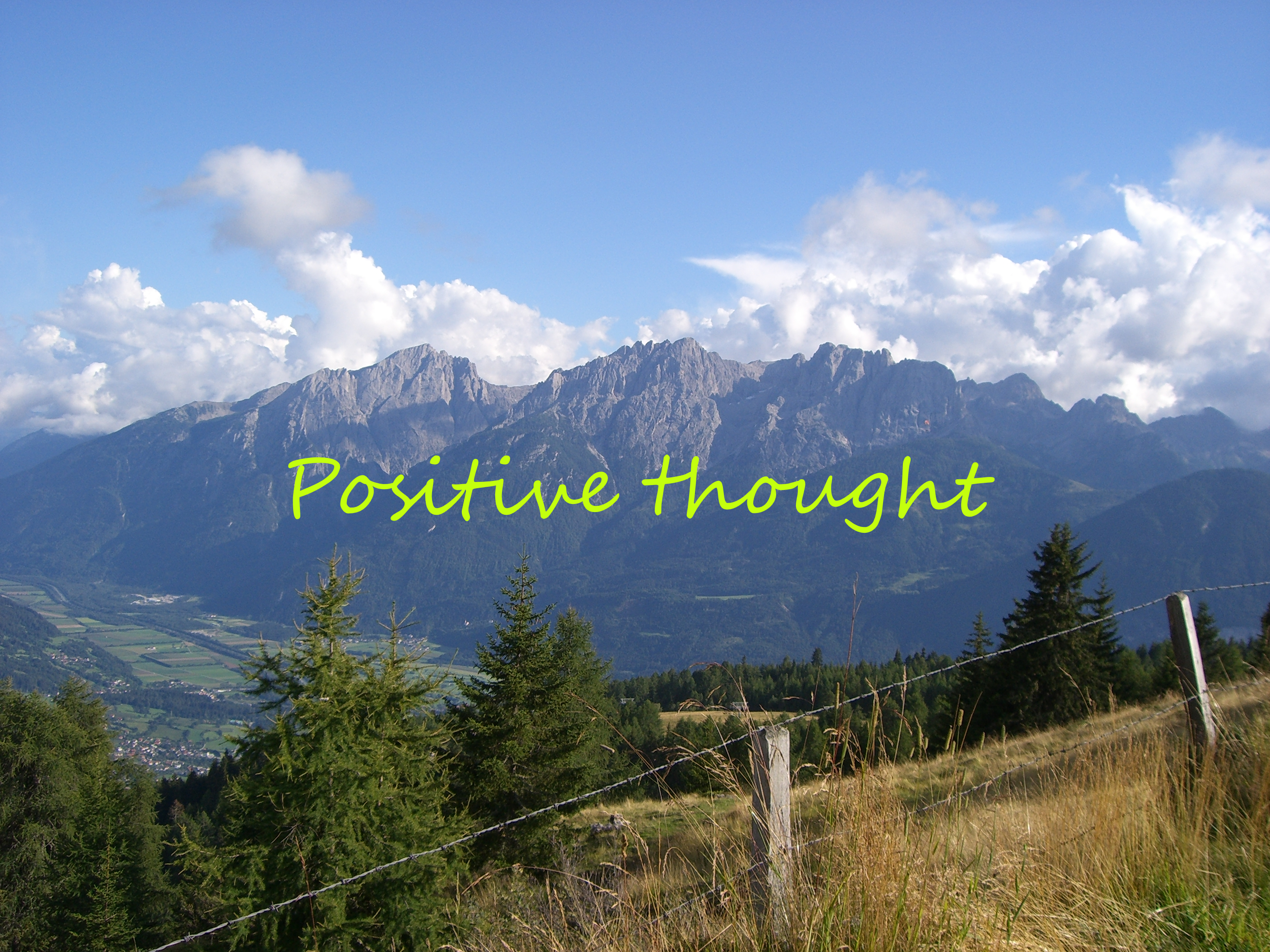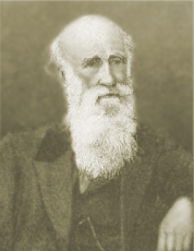Poverty evolution in Flanders
7. Education
Education, which can directly provide the skills, knowledge and qualifications that are important in social and labour market participation, in Flanders seems very well taken care off. It starts at age 2.5 when almost all children attend kindergarten until the age of 6. Kindergartens are free of charge and entirely state funded, although many are privately organized. The system schools like Freinet, Montessori and Steiner have to find their intake mostly from those families who can afford those education systems. It is a pity the government does not fund more of such systems but from the 90ies we have seen more state schools offering also more liberal free-methods.
The poverty risk percentage of people with a diploma higher education lies 5 times lower than that of people with at the most a diploma lower secondary education.
It is very good that parents are entitled several months of parental leave, but there are not enough provisions made that they can spend enough time to give their children the necessary values of life. Because most of the parents have to work both this means that most infants enter childcare services before their first birthday. In 1980, about 20% of children below 3 (0-2.5) were in childcare. This number increased to 20% around 1990 and 63% nowadays (45% for Belgium as a whole).[1] Subsidized services comprise nurseries (kinderdagverblijf) and child-minding services (onthaalouder). The ratio between the two is more or less 33% vs. 66% respectively. These receive subsidies covering staff (salaries) and running costs but cannot set their own fees (these are centrally fixed and income-related) and have to meet strict quality requirements. Consequently, there is no regional variation in parental contributions among subsidized services.[2]
People who have received little schooling also have fewer opportunities on the labour market, and participate less in associations and in cultural life.[3] Low levels of educational attainment and illiteracy are often barriers to employment and further training. Participation in education (among 15 to 24 year olds) averaged just less than 60 % in the EU‑27 in 2007. [4] The Labour exchange office [Rijksdienst voor Arbeid (RVA) and Vlaamse Dienst voor Arbeidsbemidelling (Vlaamse Dienst voor Arbeidsbemiddeling en Beroepsopleiding = VDAB)] created a system were long time jobless could study to get another job or better position on the market. The VDAB its social task has as its first concern to bring employer and the one looking for a job in contact with each other. The virtual site of the VDAB turns complete around “The VDAB as employer”. The organisation tries to give an open space where people can go to find a job. They can find there the vacancies of the internal job market for profiles that under the own personnel is difficult to find.[5]
Everybody in Flanders should receive the same possibilities to learn and to get an appropriate study to succeed in what they would like to do. It is good to notice that in Flanders it is not as in many countries where most curriculums have many years of math, languages and science, but not even one course on ‘Ethics and Values’. Religion and ethics can find some space in the curriculum bat it is not yet fully integrated. Namely the base of the education should be founded in creating respect, value and preserving the achievements of the past while appreciate the now and then with the wonders and the peoples of the whole world, keeping in mind that “human development is primarily about being more, not having more.”. In their formation they should be formed to become caring citizens who exercise their rights and responsibilities locally, nationally and globally, understanding the world in which they live.
The results from the research study on a big scale of the OECD PISA shows for the first time that Flanders in comparison to other European countries makes good scores in reading and math performance of 15-year-olds. However, the number of low-literate students rose up to 2006 after which it declined slightly between 2006 and 2009. Moreover, a large difference can be noticed between girls and boys: girls score better than boys. In mathematical literacy the boys scored best.
Getting everybody ready for a job there should be used a multi-method, giving enough space to alpha and beta subjects, word, art, drama, debate, experience, different pedagogies which model the processes. Teaching that is geared simply to passing on knowledge should be recast into an approach in which teachers and learners work together to acquire knowledge and play a role in shaping the environment of their educational institutions. The children should be trained to have the ability to: – think critically – make choices – resolve conflicts in non-violent ways – recognize our responsibility as consumers – be life-long learners – find information – understand how different fields relate to one another and interact but also to – communicate effectively (both orally and in writing) – think in time – to forecast, to think ahead, and to plan – distinguish between quantity, quality, and value – move from awareness to knowledge to action – work cooperatively with other people. Concepts of sustainable development should be brought forwards and must be expressed in different languages. Local as well as global issues should be brought in view with knowledge of the cultures of those native speakers. Languages and cultures say things differently, and each language has creative ways of expressing new concepts. Knowing those different cultures can build up respect for those people and helps people of all ages better understand the world in which they live, addressing the complexity and interconnectedness of problems such as poverty, wasteful consumption, environmental degradation, urban decay, population growth, health, conflict and the violation of human rights that threaten our future.
Our society should try to come to a formation which develops the knowledge and skills needed for a sustainable future as well as changes in values, behaviour, and lifestyles.
Teachers should engage learners in a process where experience, reflection, critical analysis, tolerance, cooperation, compassion, and respect are encouraged and developed.
In the previous years we saw the Millet, Nike, AllStar and other mania. All those crazes had put burdens on the parents who often gave into their children and bought those articles. On the other hand the children did not learn to be happy with what they had, so they also became unsatisfied adults, often not knowing how to spend their money rightly, causing financial problems. The problem of our Western world is that students who are growing up in this consumer-oriented, materialistic environment, in which each very identity is defined not by whom they are but by what they wear, the house they live in, the car they drive, the holidays they take. We do have to work at another mentality and attitude. In our global situation we should also be more aware of being part and inseparable of this global structure. Everybody should know their limited resources, and be formed to come to responsible consumption, equality and equity, and to have a long-term perspective, all important concepts when thinking about sustainable development.[6] Everybody should come to the understanding that every action has a multitude of reactions in other areas, to be responsible for our actions, because everything that we do is interconnected – everything on our planet is woven together into the fabric of life. Therefore, when one thinks about ‘development’, one cannot treat the social, economic, ecological, cultural, political and spiritual aspects in isolation from one-another. All should need to think about the way that we use resources and the way that we care for plants and animals. We need to think about the way that we treat other people. If we all take responsibility for our own actions, we can start to work together to care for the present and future well being of the human family and of all the living things on this planet. All of us can share in the hope for the future.
In Flanders the school system is too much theoretical oriented and not enough practical and without ‘interdisciplinary’ learning. Assessment systems are often based on a competitive model with individual grades becoming the most important motivation for students. Those who do not fit the school grades rating are advised to go to a lower direction and can find themselves quit easily at the bottom-line of the school system, having been part of a waterfallsytem. [7] The overall proportion of school leavers without qualifications in Flanders according to data from the EAK survey declined in recent years steadily. In 2009, however this fall seems to have stopped. In European terms, Flanders with a fifth place ranking in the EU once again does not bad.
Creating more a mix of educational subjects shall give pupils more satisfaction being able to choose subjects in which they are interested and handy enough to succeed. Mingling scientific, psychological and physical activities with creative subjects shall give them more opportunities and chances to succeed and eradicate poverty as an ethical, social, and environmental imperative.
Big nutrients to the poverty rate are the concentration schools. It is not so much the origin which is decisive, but well the weak social-economic position. Unfortunately less is expected from foreign pupils and they are often treated different and being pampered. This mollycoddle makes them not stronger but more vulnerable. Nonetheless lies there more pressure on the young generation to do it better then the parents. The elder become always more mature and they dare to go faster to the school by problems. Newcomers are more restricted by their choice of school through a faulty knowledge.
Around 11% of the girls do stop early while about 14% of the boys in Flanders do not succeed to bring their school years to a good end. In the EU‑27, some 15.2 % of 18 to 24 year olds were classified as early school leavers, with every Member State reporting a higher proportion of male early school leavers.
Lots of poverty problems arise by the Flemish government not accepting the foreign degrees. Diplomas of the country of origin are often not recognized, with over qualification as consequence.
Concerning the naturalization policy or “inburgeringsbeleid” with the assimilation contract we have to point on the fact that courses Dutch often have lengthy watch lists. The consequence is that migrants in the period in between do not attain work and do have no social contacts with the Dutch talking population, but see themselves forced back to fold on the own group. Bart Meuleman from the Katholieke Universiteit Leuven gave an example over an OCMW (Openbaar Centrum voor Maatschappelijk Welzijn) that wanted to set pressure on a migrant to learn the language by threatening with the suspending of the “leefloon” or emergency maintenance allowance. [8]
The government has to uphold the right of all, without discrimination, to a natural and social environment supportive of human dignity, bodily health, and spiritual well-being, with special attention to the rights of indigenous peoples and minorities, affirming gender equality and equity as prerequisites to sustainable development and ensuring universal access to education, health care, and economic opportunity. The educational system has to advance the study of ecological sustainability and promote the open exchange and wide application of the knowledge acquired.
From the start children should get the idea that after vocational training or high school the learning process shall not be over. Democratic, nonviolence policies, tolerance and peace awareness, knowledge, values, and skills, needed for a sustainable way of life should integrate into formal education and life-long learning.
We need to foster – through education – the values, behaviour and lifestyles required for a sustainable future.
Every day, the people of the world are moving closer together. We need to unite across cultures to choose our future: to protect nature, to respect human rights and to create a world where all can live together in peace and justice. We have a responsibility to care for life – both at present and into the future. We should give everybody equal opportunities to develop in this society and to be able to live a reasonable healthy life.
The growing world population continues to drain the Earth of its natural resources not being aware that by doing this they can make themselves only ‘richer’ for a very short moment, because in the long term it makes everybody more poor, not being able to get the necessary products anymore, and having disasters coming over them with the serious consequences.
Everyone should have access to education for sustainable living, health care, and paid work. Gender equality and equity is a prerequisite to sustainable development.

Een analyse van de Armoede in Vlaanderen door Marcus Ampe - Poverty in Flanders, an analysis by Marcus Ampe
[1] Moss P. (1990) Kinderopvang en -verzorging in de Europese Gemeenschap 1985-1990, Brussel: Europese Commissie – Netwerk Kinderopvang. & Study of the Centrum voor Sociaal Beleid, April 2011
[2] Who reaps the benefits? The social distribution of public childcare in Sweden and Flanders Wim Van Lancker and Joris Ghysels Working Paper No. 11 / 06 April 2011
[3] Elchardus et al.,1999, p. 97
[4] Combating poverty and social exclusion: a statistical portrait of the European Union 2010; Eurostat
[5] VDAB YourJobExpo + YourJobExpo: de jobbeurs die tot in je huiskamer komt
Leg op woensdag 25 mei 2011 via de chat contacten met werkgevers.
Bezoek de stands, solliciteer voor de voorgestelde vacatures en plaats uw cv in de databank tot 30 juni 2011.
www.yourjobexpo.be
[6] One can gain a deeper understanding of sustainable development through, for example, examining the Earth Charter (a product of a decade-long, worldwide, cross-cultural conversation about common goals and shared values involving thousands of individuals and hundreds of organizations from all different cultures) and its four main pillars of sustainable development:
• Respect and Care for the Community of Life
• Ecological Integrity
• Social and Economic Justice
• Democracy, Nonviolence and Peace
[7] Girst they start with Latin, then go to mathematics, then comes the technical school, nest the vocational training to end up in the part learning and working sholing, having no chance anymore to go to higher education and leaving them in lower paid jobs.
[8] Bart Meuleman from the Catholic University Louvain mentioned this example in his exposition over the immigration history in Europe and Belgium and the different explanations model for that at the seminar for experts about migration and poverty “expertenseminarie rond migratie en armoede” organized by OASeS, the Centre on Inequality, Poverty, Social Exclusion and the City. > Expertseminarie migratie en armoede – Jaarboek Armoede en Sociale Uitsluiting 2011 (6 april 2011).
+++
Of interest:
On average 20 psychopaths in one Flemish class, see Article in newspaper Gazet van Antwerpen: 20 psychopaten in gemiddelde Vlaamse school: Als een gemiddelde middelbare school ongeveer duizend leerlingen telt, zouden er 20 leerlingen met psychopatische trekken zijn: Ze zijn extreem manipulatief, kennen geen angst maar ook geen liefde of andere emoties, ze hebben geen geweten en kunnen zich niet inleven in het leed van medeleerlingen, ze liegen als de beste. Dat blijkt uit onderzoek door de vakgroep Psychoanalyse van de Universiteit Gent. De onderzoekers lieten 536 leerlingen in twee ASO-scholen anoniem een vragenlijst invullen.
+
Vlamingen akkoord over verstrenging snel-Belgwet
“De Belgische nationaliteit zal in de toekomst geen vodje papier meer zijn dat je zomaar krijgt, maar de kroon op een lang werk van integratie. Ons voorstel is een fundamentele ommekeer”, zegt Nahima Lanjri (CD&V, foto), één van de initiatiefneemsters van het nieuwe voorstel. De snel-Belgwet kwam er in 2000 om de groenen te paaien. Ze was het alternatief van de regering-Verhofstadt I voor het gemeentelijk migrantenstemrecht, dat er later ook kwam.
































 Biblestudents – Bijbelstudenten
Biblestudents – Bijbelstudenten 0 + Bloggers for Peace
0 + Bloggers for Peace Free Christadelphian Ecclesia
Free Christadelphian Ecclesia Hoop tot Leven – Redding in Christus
Hoop tot Leven – Redding in Christus Vrije Broeders in Christus (Free Flemish Christadelphians on Wordpress)
Vrije Broeders in Christus (Free Flemish Christadelphians on Wordpress)















Pingback: Welfare state and Poverty in Flanders #9 Consumption | Marcus' Space
Pingback: Self inflicted misery #1 The root by man « Christadelphian Ecclesia
Pingback: Welfare state and Poverty in Flanders #12 Conclusion | Marcus' Space
Pingback: Rellen in Frankrijk en Belgë « Christadelphian Ecclesia
Pingback: Subcutaneous power for humanity 5 Loneliness, Virtual and real friends | Marcus' s Space
Pingback: Inequality, Injustice, Sustainability and the Free World Charter | Marcus' s Space
Pingback: Less… is still enough | From guestwriters
Pingback: How can we prepare for the Kingdom of God | Bijbelvorser = Bible Researcher
Pingback: Reflections on Existence and Teaching | From guestwriters
Pingback: A culture of “democratic cleansing” – Elders and youngsters versus respect | From guestwriters